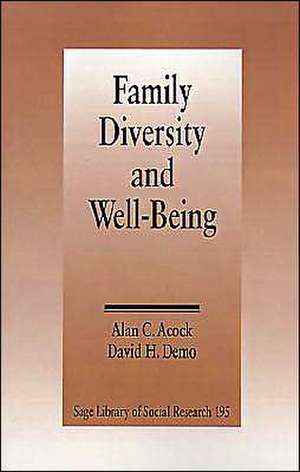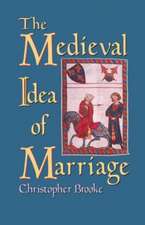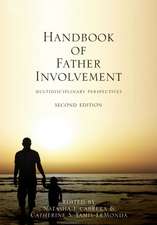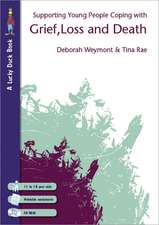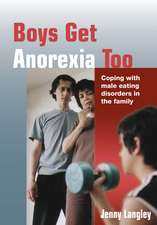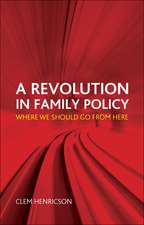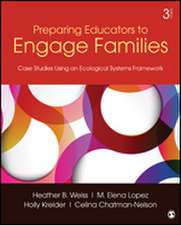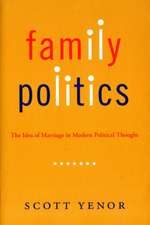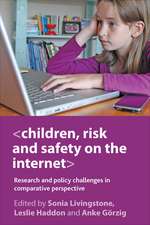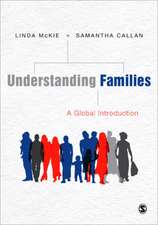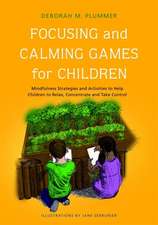Family Diversity and Well-Being: SAGE Library of Social Research, cartea 195
Autor Alan C. Acock, David Demoen Limba Engleză Paperback – 22 aug 1994
Preț: 612.86 lei
Preț vechi: 721.01 lei
-15% Nou
Puncte Express: 919
Preț estimativ în valută:
117.27€ • 122.77$ • 97.03£
117.27€ • 122.77$ • 97.03£
Carte tipărită la comandă
Livrare economică 07-21 aprilie
Preluare comenzi: 021 569.72.76
Specificații
ISBN-13: 9780803942677
ISBN-10: 0803942672
Pagini: 304
Ilustrații: 1
Dimensiuni: 141 x 217 x 21 mm
Greutate: 0.44 kg
Ediția:1
Editura: SAGE Publications
Colecția Sage Publications, Inc
Seria SAGE Library of Social Research
Locul publicării:Thousand Oaks, United States
ISBN-10: 0803942672
Pagini: 304
Ilustrații: 1
Dimensiuni: 141 x 217 x 21 mm
Greutate: 0.44 kg
Ediția:1
Editura: SAGE Publications
Colecția Sage Publications, Inc
Seria SAGE Library of Social Research
Locul publicării:Thousand Oaks, United States
Cuprins
Family Structure in Context
Theoretical Perspectives Linking Family Structure, Family Relations, and Well-Being
Research Design and Profile of American Families
Marital, Postmarital, and Nonmarital Relations
Parent-Child Relations
Family Structure and Mothers' Well-Being
Family Structure and Children's Well-Being
Beyond Family Structure
Theoretical Perspectives Linking Family Structure, Family Relations, and Well-Being
Research Design and Profile of American Families
Marital, Postmarital, and Nonmarital Relations
Parent-Child Relations
Family Structure and Mothers' Well-Being
Family Structure and Children's Well-Being
Beyond Family Structure
Notă biografică
Descriere
How important is family structure? Does the perception that children of divorced parents suffer hold true under the scrutiny of research? Is the traditional two parent//two child family ideal in terms of well-being? In this volume, two leading family researchers analyze these crucial questions. Using the United States National Survey of Families and Households, they examine the four most common family types - two parent families, divorced mothers with children, remarried families and unmarried mothers - to analyze the impact of family structure versus other factors.
